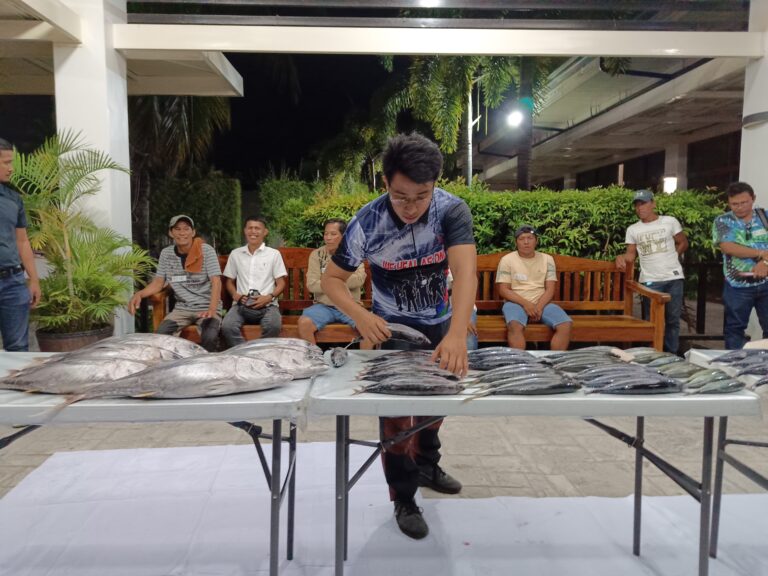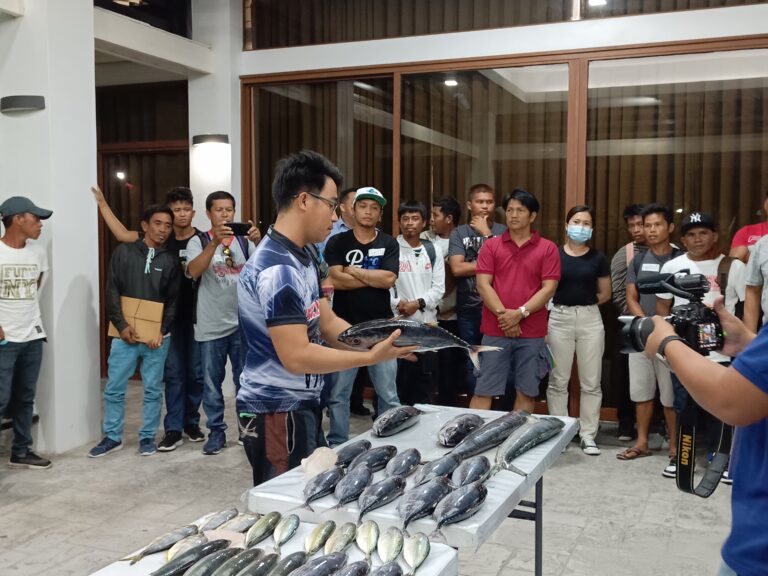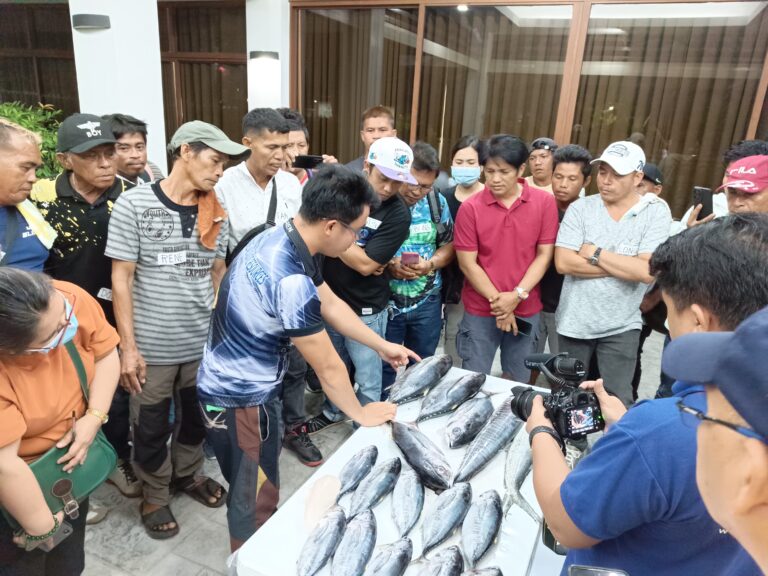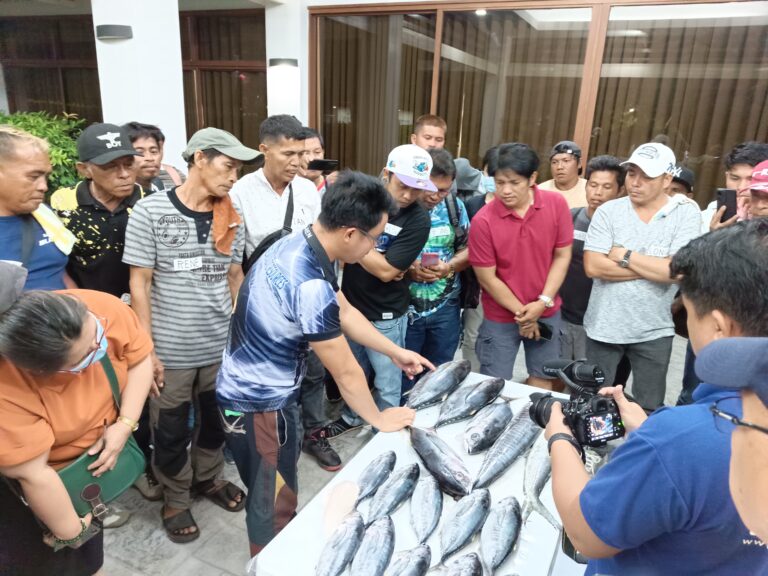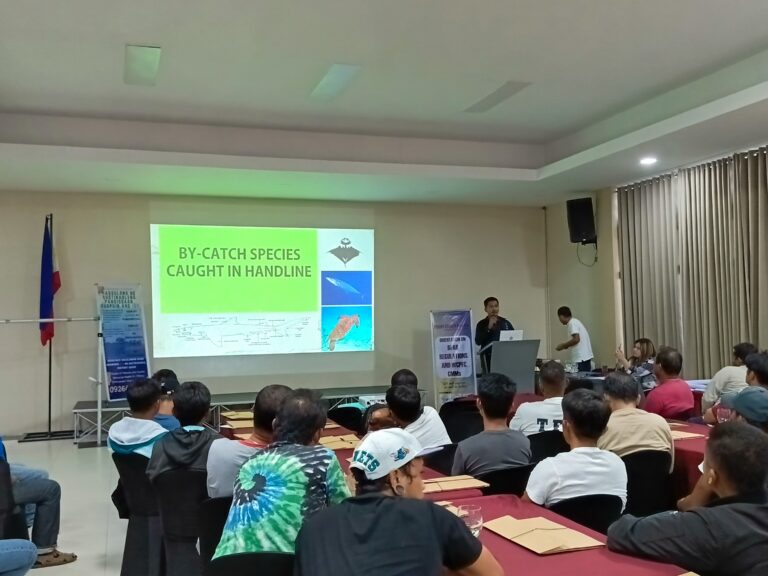
Fifty seven (57) Commercial Tuna Handliners attended the 3-day capacity building workshop organized by the Bureau of Fisheries and Aquatic Resources (BFAR) and the SOCSKSARGEN Federation of Fishing and Allied Industries, Inc (SFFAII) from November 15 – 18, 2023 at London Beach Resort and Hotel, General Santos City. The said workshop is facilitated to support the implementation of the Fishery Improvement Projects (FIP).
